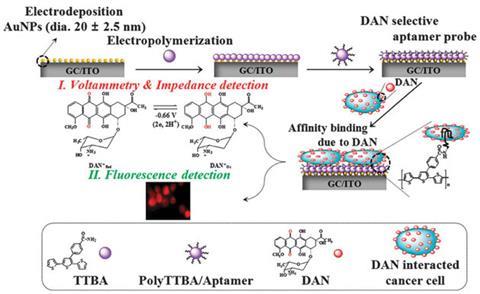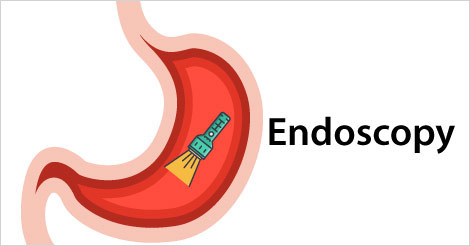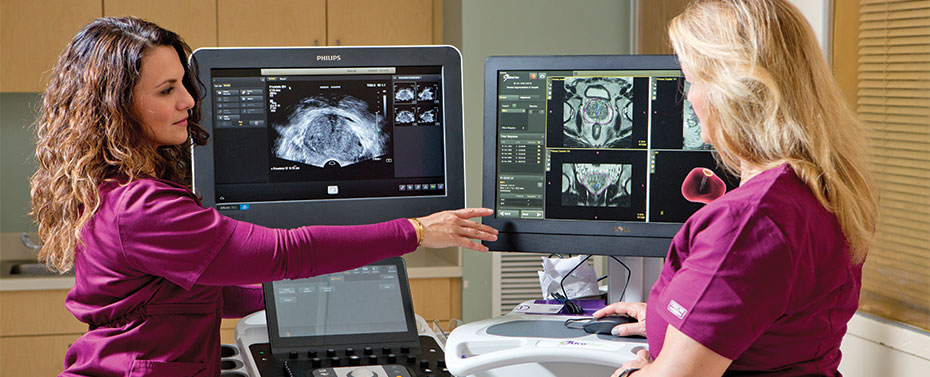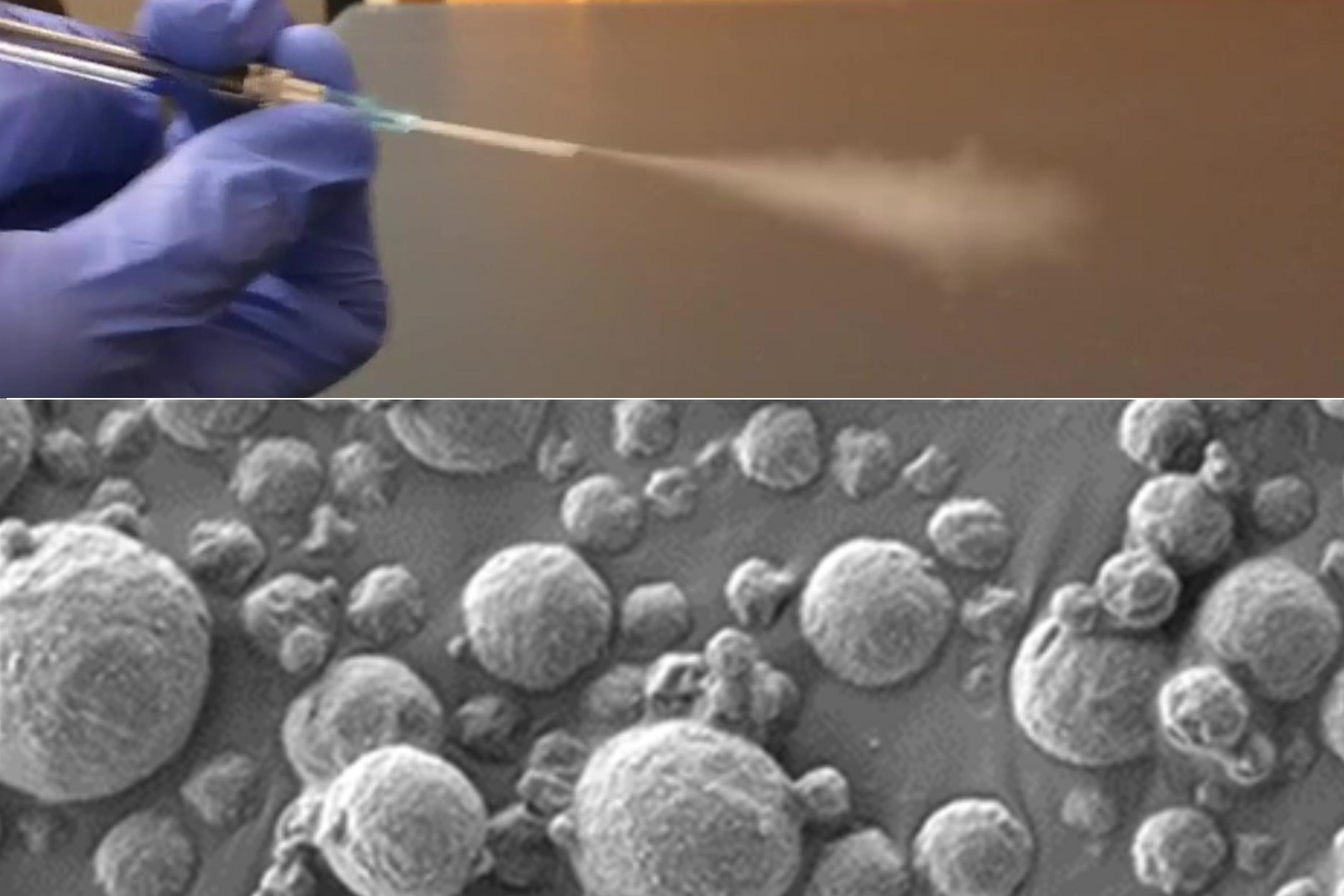Recent advances for cancer detection and treatment by microfluidic technology, review and update, Biological Procedures Online
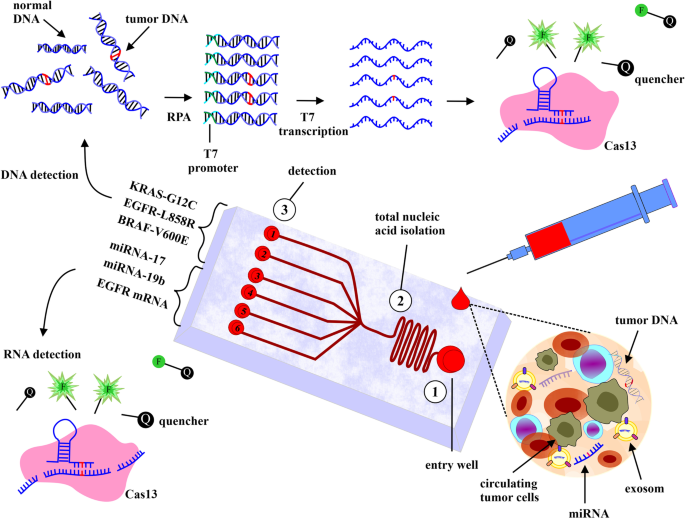
By A Mystery Man Writer
Numerous cancer-associated deaths are owing to a lack of effective diagnostic and therapeutic approaches. Microfluidic systems for analyzing a low volume of samples offer a precise, quick, and user-friendly technique for cancer diagnosis and treatment. Microfluidic devices can detect many cancer-diagnostic factors from biological fluids and also generate appropriate nanoparticles for drug delivery. Thus, microfluidics may be valuable in the cancer field due to its high sensitivity, high throughput, and low cost. In the present article, we aim to review recent achievements in the application of microfluidic systems for the diagnosis and treatment of various cancers. Although microfluidic platforms are not yet used in the clinic, they are expected to become the main technology for cancer diagnosis and treatment. Microfluidic systems are proving to be more sensitive and accurate for the detection of cancer biomarkers and therapeutic strategies than common assays. Microfluidic lab-on-a-chip platforms have shown remarkable potential in the designing of novel procedures for cancer detection, therapy, and disease follow-up as well as the development of new drug delivery systems for cancer treatment.

Recent Advances in Nanotherapeutics for Neurological Disorders
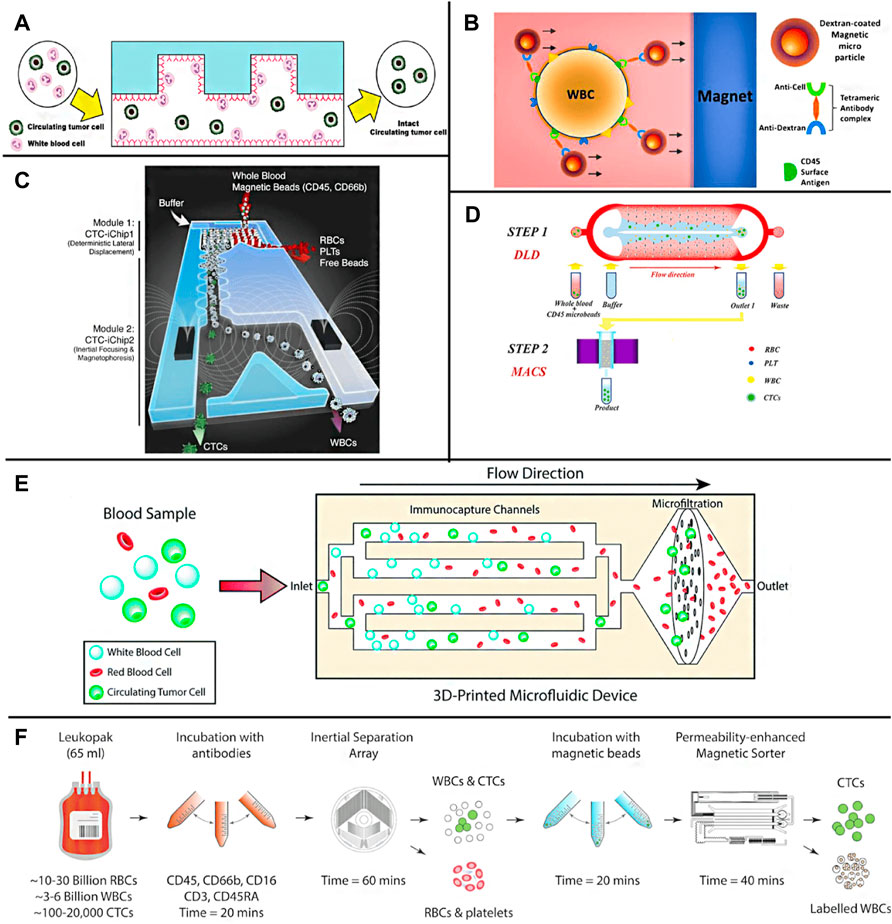
Frontiers Application of Microfluidics in Detection of Circulating Tumor Cells

Immunoarray with online peptide capture: (A) microfluidic device and

Recent advances in microfluidic technology for manipulation and analysis of biological cells (2007–2017) - ScienceDirect
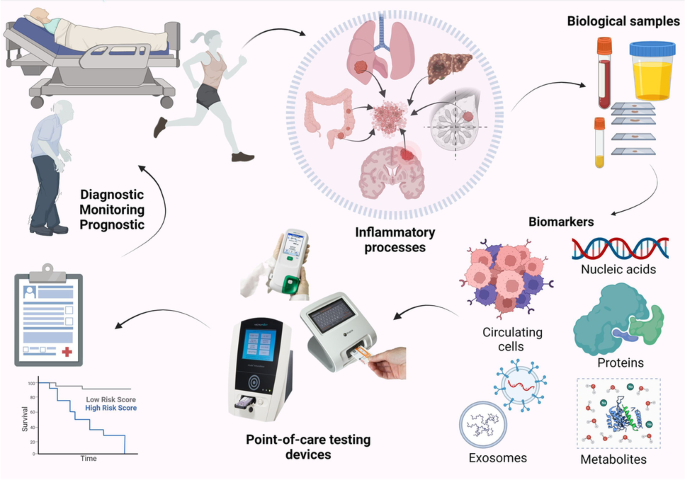
Point-of-care electrochemical testing of biomarkers involved in inflammatory and inflammatory-associated medical conditions

A Guide to Organ-on-a-Chip

Microfluidic device with integrated microfilter of conical-shaped holes for high efficiency and high purity capture of circulating tumor cells
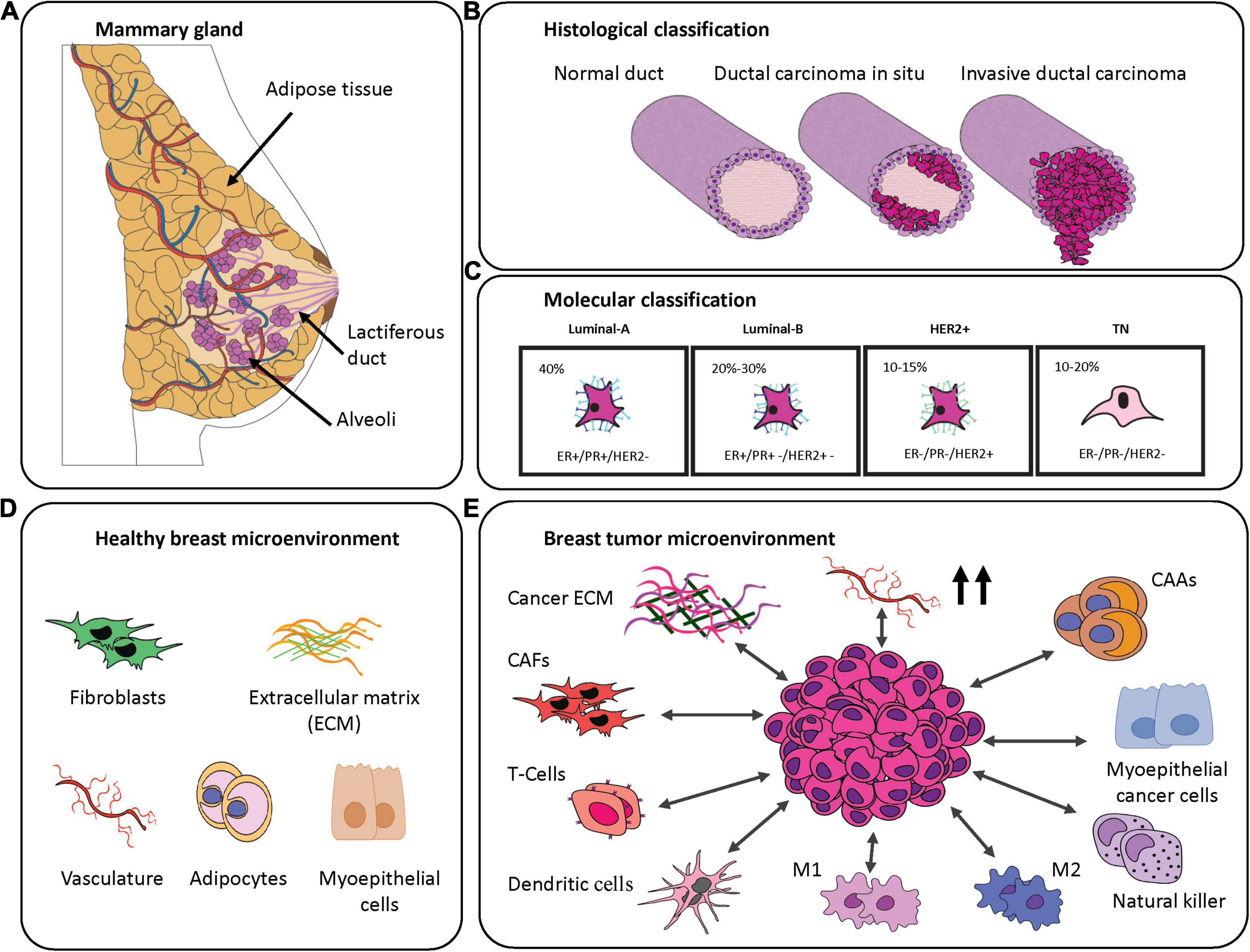
Frontiers Engineering Breast Cancer On-chip—Moving Toward Subtype Specific Models
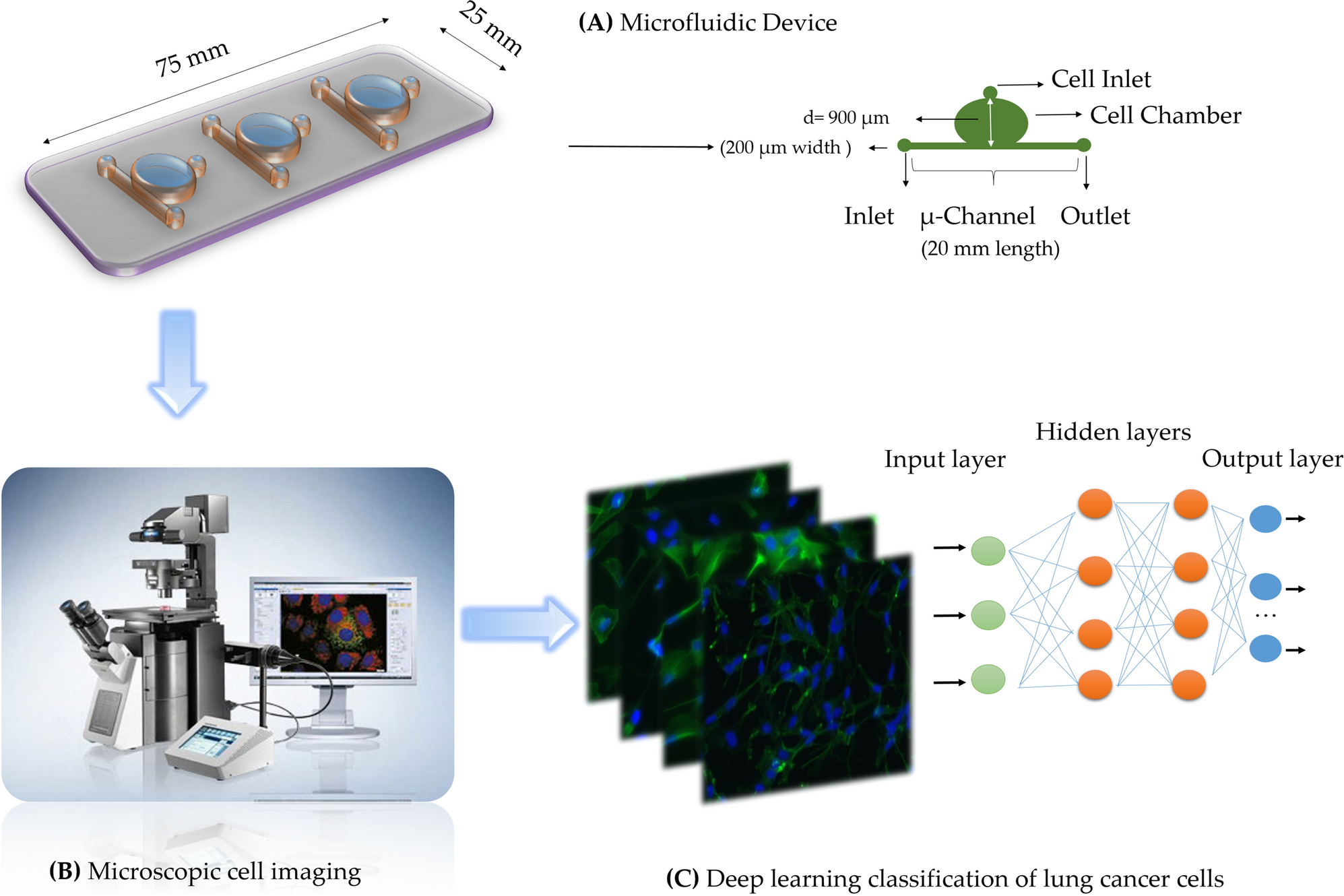
A combined microfluidic deep learning approach for lung cancer cell high throughput screening toward automatic cancer screening applications
